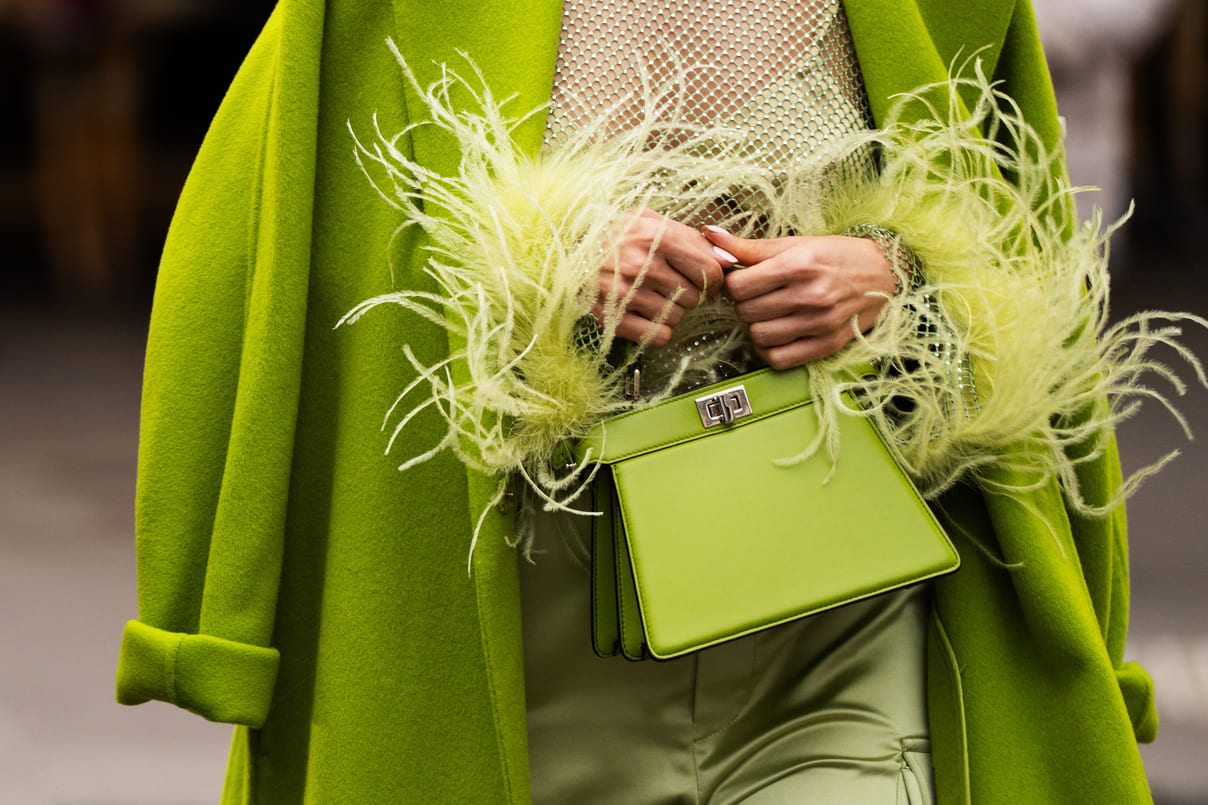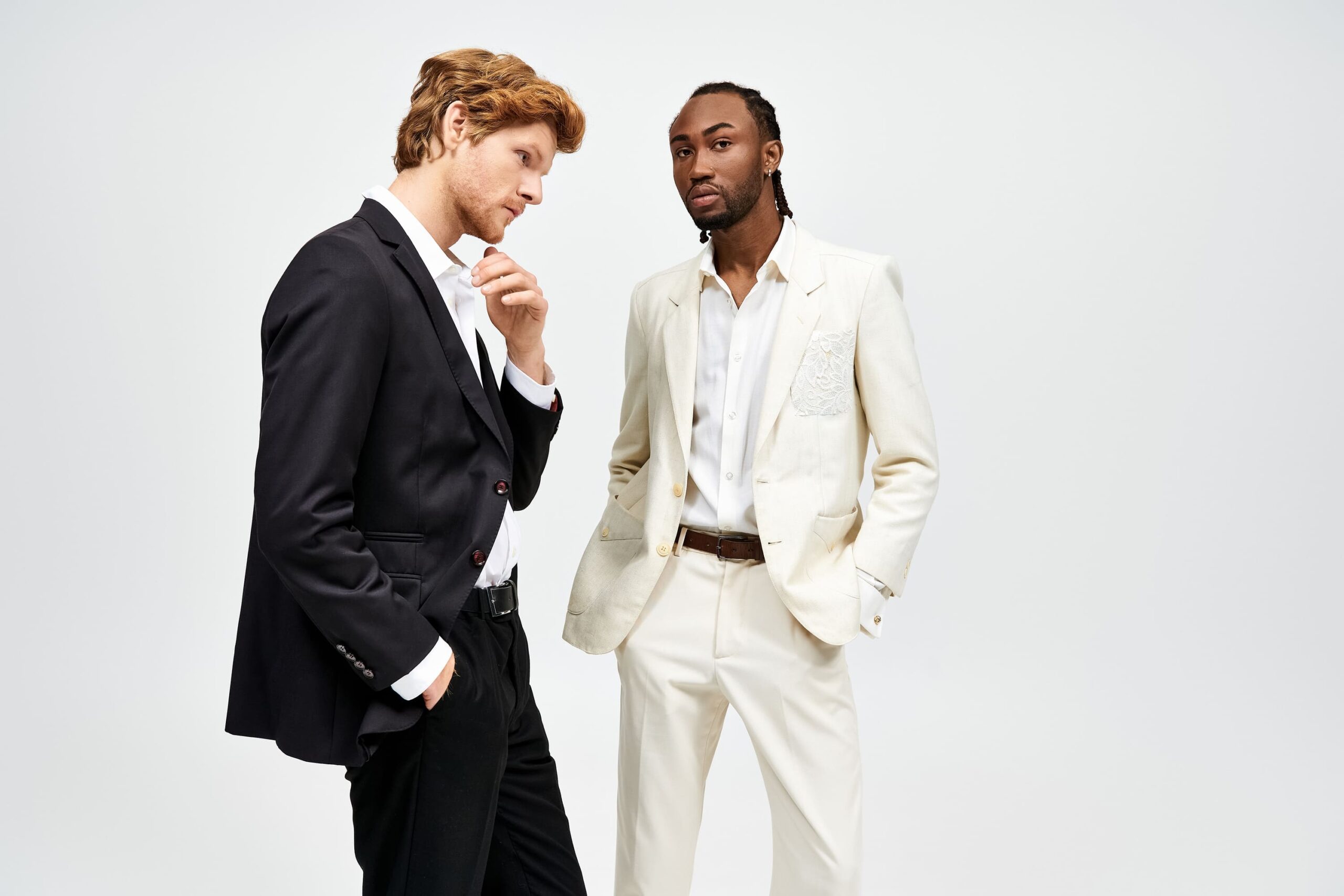Meet successful fashion entrepreneurs who have transformed the fashion industry around the world. Discover inspiring stories of innovation, purpose, and female leadership in fashion.
The fashion industry has always been a space for creative expression, cultural transformation, and entrepreneurship, often led by visionary women. In this blog, we’ve brought together 16 outstanding fashion entrepreneurs who’ve made a local and international mark.
Across different eras and markets—from niche labels to digital empires, luxury fashion to sustainable beachwear—these women have combined identity, innovation, and purpose to build relevant and lasting businesses. They’re setting trends and leading the way toward conscious consumption, which is reshaping fashion.
Virgil Abloh: Bridging Streetwear and High Fashion
A trained architect and creative polymath, Virgil Abloh made history as the first Black artistic director at Louis Vuitton menswear. He founded Off-White, a brand that redefined the boundaries between street culture and luxury fashion. Known for his bold collaborations (Nike, IKEA, Evian), Abloh championed design that spoke to younger, diverse audiences. His legacy inspires fashion entrepreneurs who value cultural commentary and cross-disciplinary influence.
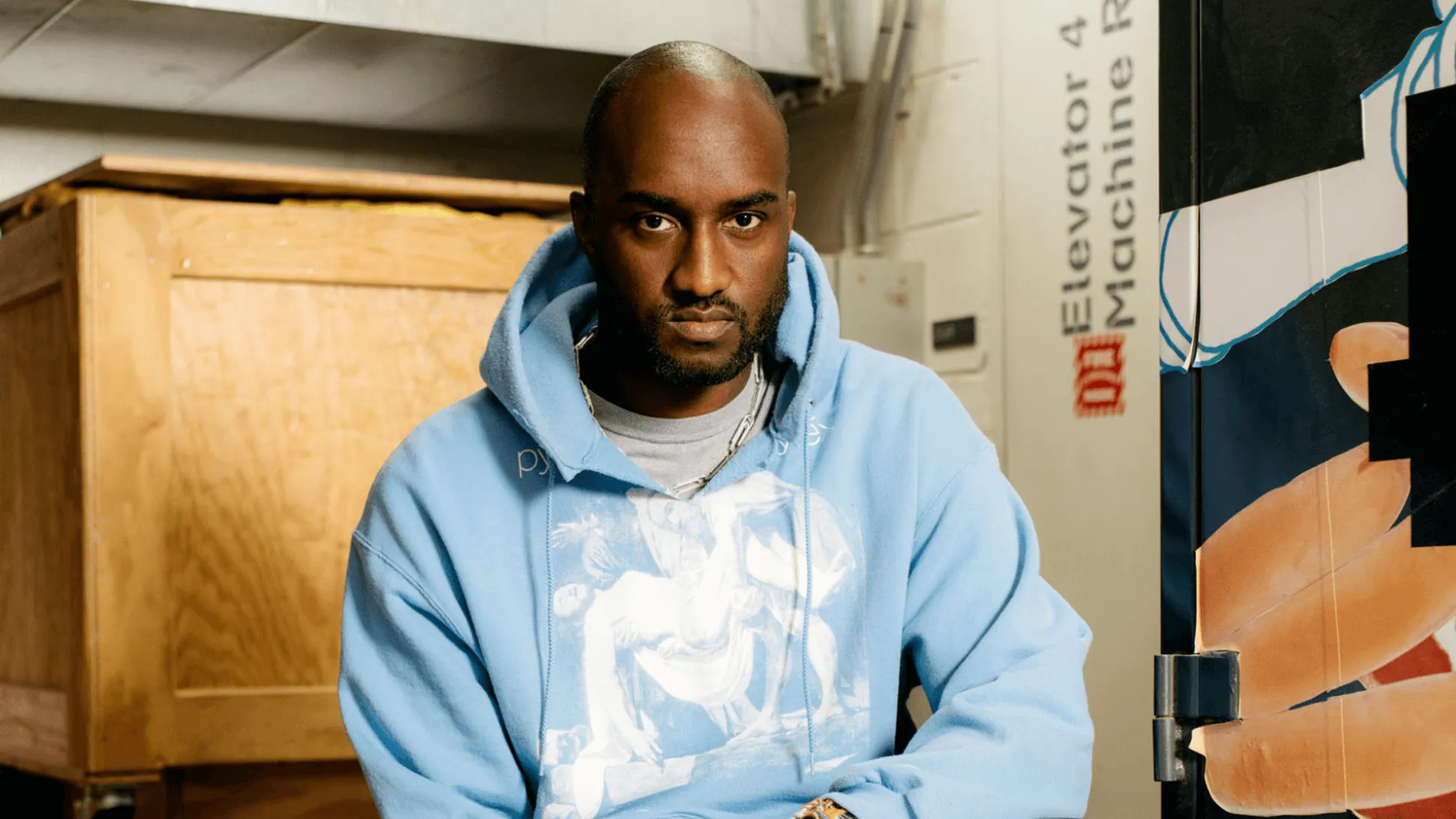
Helô Rocha: Ancestry as Creative Power
Helô Rocha graduated in Fashion Design from Santa Marcelina and launched her namesake brand in 2005, named initially Têca by Helô Rocha. Known for her custom-made garments, she draws deeply from Brazilian craftsmanship and Indigenous roots, blending them with a refined, original aesthetic.
A frequent presence at São Paulo Fashion Week, her distinctive partywear combines patchwork, lace, velvet, and unexpected textures like python, creating an unmistakable identity that celebrates Brazilian culture. She also works as a costume designer, expanding her creative influence.
Telfar Clemens: Accessibility as a Brand Philosophy
Founder of Telfar, Liberian-American designer Telfar Clemens created a brand rooted in inclusivity. His signature “Shopping Bag” became a cult item with the motto “Not for you — for everyone.” Telfar disrupted the luxury space with genderless fashion and direct-to-consumer drops, showing how social mission and business can go hand in hand.
Lenny Niemeyer: Bold Elegance in Beachwear
Lenny Niemeyer began her career in fashion design in 1979 and went on to create one of Brazil’s most iconic beachwear brands. Her unique style blends sensuality and elegance while celebrating Brazilian culture. Lenny’s collections have walked international runways and appeared in top fashion publications.
Flávia Aranha: Ethics and Sustainability in Action
Flávia Aranha stood out by building a brand rooted in natural dyeing and regenerative processes. Her fashion business prioritizes organic materials, circular economy practices, and collaborations with traditional communities. Known for her ethical and aesthetic balance, Flávia is a key player in the sustainable fashion movement.
Renata Abranchs: Trend Research and Strategic Styling
A fashion researcher, Renata founded RIOetc and Bureau de Estilo, offering trend research, brand curation, and strategic consulting. She’s a reference in branding and creative direction for fashion, helping shape the positioning of numerous Brazilian labels through innovation and cultural insight.
Diane von Fürstenberg: The Wrap Dress and Female Empowerment
Born in Belgium, Diane von Fürstenberg became world-renowned for creating the wrap dress—a symbol of women’s freedom in the 1970s. She launched her label in 1974, turning the dress into a modern classic. Diane later served as president of the CFDA, mentoring emerging designers and promoting women in fashion.
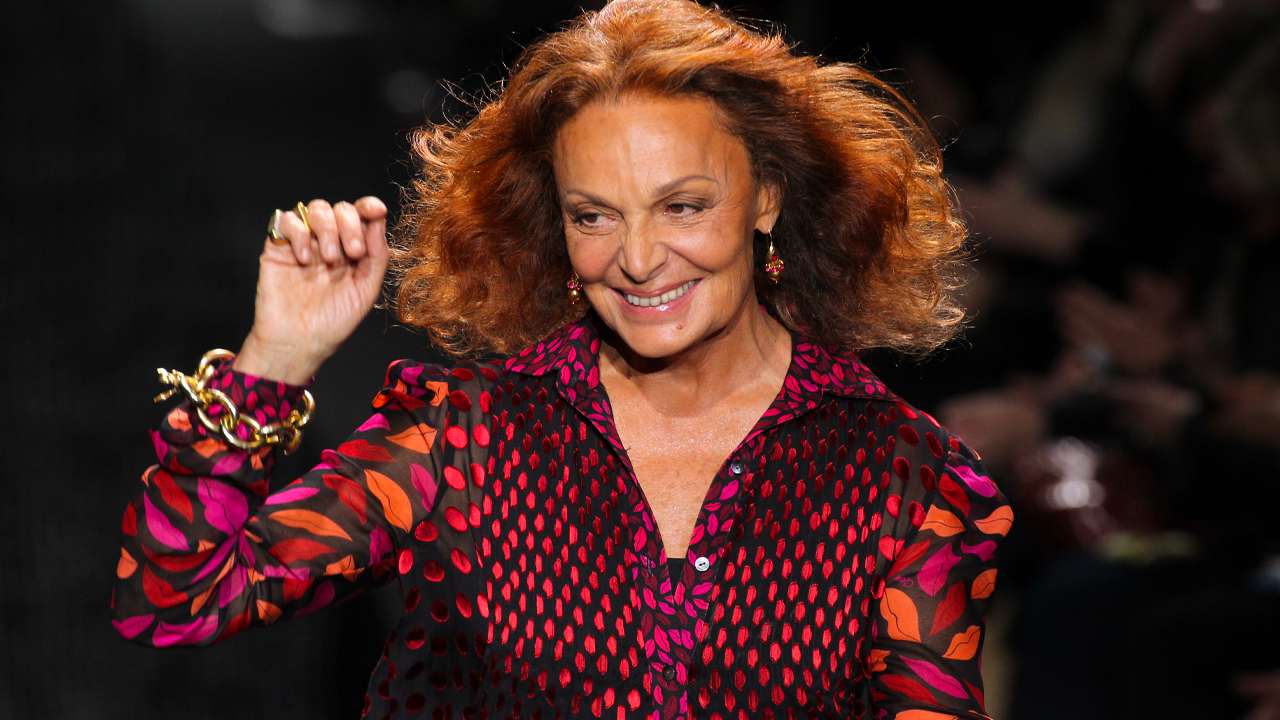
Tory Burch: Accessible Elegance with Social Impact
Tory Burch launched her brand in 2004 with the goal of making sophisticated style accessible. She quickly won over women seeking polished yet casual fashion. Tory also founded the Tory Burch Foundation, which supports women entrepreneurs globally through microloans and mentoring programs.
Stella McCartney: Luxury Fashion, Ethically Made
Daughter of Paul McCartney, Stella graduated from Central Saint Martins and launched her own brand in 2001, making waves by refusing to use leather, feathers, or fur. She became a trailblazer in sustainable luxury fashion, working with innovative fabrics and collaborating with Adidas and Chloé on ethical lines.
Anine Bing: Minimalist Style with a Digital Edge
Danish designer Anine Bing created her eponymous brand to reflect minimalist, rock-inspired fashion with tailoring influences. Based in Los Angeles, she built a fast-growing label through social media and direct-to-consumer strategies, becoming a reference in modern digital fashion entrepreneurship.
Victoria Beckham: From Pop Icon to Fashion Mogul
Former Spice Girl Victoria Beckham launched her fashion label in 2008 and gained critical acclaim with her sophisticated, minimal designs. She built a strong and respected brand, presenting collections in New York and London Fashion Weeks, proving her evolution into a serious fashion entrepreneur.
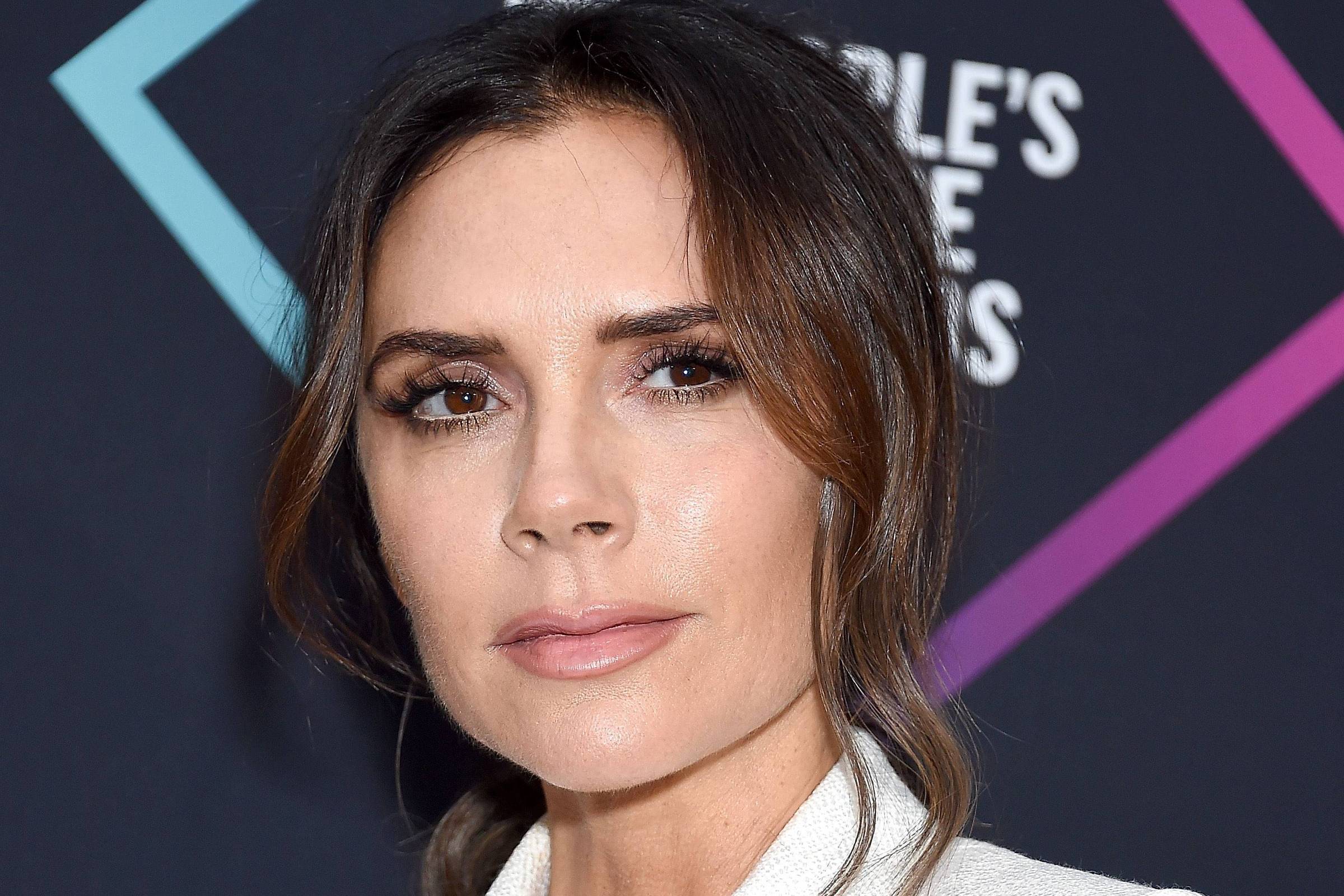
Tom Ford: From Gucci to a Global Brand
Tom Ford rose to fame reviving Gucci in the 1990s with sensual, sleek aesthetics. He later launched his eponymous label, blending glamour with modern tailoring. As both a designer and filmmaker, Ford exemplifies brand expansion and storytelling in fashion. Today, his namesake brand is a symbol of American luxury and sharp identity.
Sophia Amoruso: Girlboss, Nasty Gal, and Digital Reinvention
Sophia Amoruso started selling vintage clothing on eBay, then founded Nasty Gal, which became a fashion empire. Her book #GIRLBOSS turned her into a symbol of modern female entrepreneurship. After Nasty Gal, she launched the Girlboss platform and Business Class, mentoring a new generation of fashion entrepreneurs.

Rei Kawakubo: Avant-Garde Vision with Comme des Garçons
Japanese designer Rei Kawakubo founded Comme des Garçons in 1969 and challenged the norms of Western fashion with deconstructed silhouettes, unexpected volumes, and performance-like presentations. She also created Dover Street Market, an experimental retail concept blending fashion and art.
Each of these fashion entrepreneurs—whether crafting couture by hand or disrupting norms with digital-first brands—has helped shape a more inclusive, expressive, and purpose-driven industry. Their journeys reflect the new standard in fashion: identity, innovation, and impact.
If you’re looking for inspiration to build a brand, lead a creative team, or meaningfully rethink fashion, these stories offer a powerful starting point.
